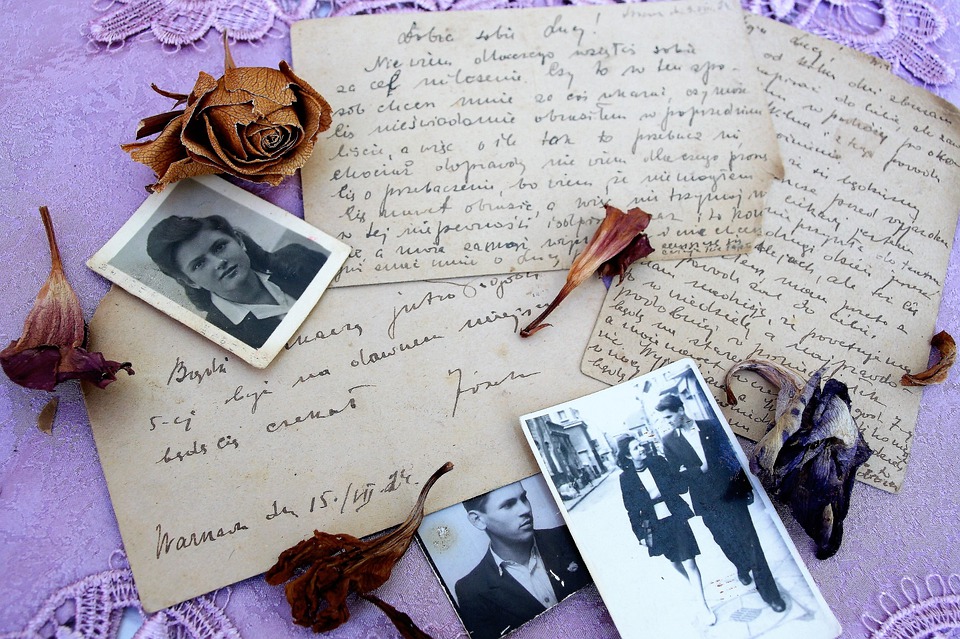As an Amazon Associate, I earn from qualifying purchases
Family Heirlooms are treasured possessions that are passed down from generation to generation. At first glance, these items might seem odd and creepy. However, in the rarest of cases, family heirlooms can be worth in the hundreds, thousands, or even millions, let alone the priceless sentimental value attached to them.
Although some may be worth some money, some may not be worth anything at all. The essence of family heirlooms doesn’t always depend on the monetary value of the item being passed down. In a way, older generations treasure these items and see them as a symbol of success, which they would like to pass onto other generations.

Why do people pass on heirlooms?
As mentioned earlier, heirlooms could represent success or some sort of symbol for the passer. The most common reasons why heirlooms get passed down are:
-
- Sentimental Value:
Heirlooms might remind someone of the happy times. Antiques that often have a lot of sentimental value can often be ordinary, everyday items such as wine glasses, shoes, toys, wedding dresses, etc. - Monetary Value:
These heirlooms are hard to find since they can quickly get sold. These often have a value that grows or shrinks with time. - Honor:
Heirlooms from soldiers and other strenuous jobs such as seafarers, police, doctors, etc. often have heirlooms that have something to do with their profession.
- Sentimental Value:
<
- Utility:
Utility heirlooms might be legally owned properties such as a house, a car, land, etc.
What are the most common items passed down?
The items passed down from generation to generation can differ. There are lots of factors that can affect what item is going to be passed down. However, there are times that there’s just no telling what great grandparents and grandparents pass down. Don’t fret though, here are some common items passed down that you might expect should you receive an heirloom:
- Musical Instruments:
Guitars, violins, tambourine, harmonica, trombones, and sometimes even whole grand pianos. - Clocks:
Pocket watches, wall clocks, grandfather clocks, sundials. - Photos
- b>Furniture
- Sports Memorabilia:
Jerseys, gear, shoes, player cards, trophies, championship rings, etc. - Jewelry:
Brooches, authentic watches, necklaces, pendants, rings, gemstones, earrings, and bracelets. - Recipes:
Special dishes, formulas, and even procedures and guides on how to do something. - Letters and Postcards
- Weapons:
Knives, pistols, rifles, bullets, batons, swords, helmets, armor, etc.
Knowing the Value
Your heirloom could be worth millions, or it could be worth nothing. The value of antiques often depend on what they are, for example, jewelry, diamonds, rings, etc. all have that base value with them that can be in the few hundreds or thousands. The quality of the item can also affect the value.
If it’s too dirty or degraded, you can expect the price to go down, even if it’s something valuable. If it’s in mint condition, with absolutely no damage to it, then it can fetch a reasonable price. If you want to sell an heirloom, try to know its history first. If you can prove that something is valuable, do research.
If you have provenance, then that can significantly increase an item’s value. No matter how big or little its monetary value is, most elders often hold it dear to their hearts. That value would mean nothing compared to the sentiments it once shared with them.
Takeaway
Any item can be an heirloom. As long as there is value attached to an item, it can qualify as a good family heirloom. When passing down an inheritance, you should always know its value. It should have a story, and it should also connect with the person you intend to pass it on. Family heirlooms are an excellent way to preserve the traditions embedded in families for generations to come.
